Institutions to support intensification, integrated decision making and inclusiveness in agriculture in the East Gangetic Plain (LWR-2018-104)
Overview
The overall aim of this project was to develop capacity within district, state and national agencies in the East Gangetic Plain (EGP) so that they can identify and consistently promote institutions that foster intensification, integration and inclusiveness. The project focuses on three main areas: the institutions for transferring knowledge to farm households; the institutions and activities related to risk management by rural households; and those institutions and practices related to water rights. The geographical scope is Bangladesh, India (Bihar and West Bengal) and Nepal.
‘Institutions’ is a term used in economics to describe both the formal and informal sets of rules that shape incentives. Well-designed institutions have rules that are harmonised and result in low cost participation. Some institutions can also increase the opportunities for greater inclusiveness, especially if rules are crafted around the needs of specific groups, like women and tenant farmers.
A critical question is how institutions, in their various forms and scales, can simultaneously and successfully promote the intensification, integration and inclusiveness, the ‘3 I’s’, in the EGP?
The outcomes from the project focused on creating additional capacity within district, state and national agencies for designing institutions that go beyond encouraging intensification of agriculture at a particular location. Rather, that the institutions chosen and promoted by agencies will relate local choices to the wider trade-offs around resource use in the region and seek to optimize across those trade-offs. The users of the ultimate output, the ‘3 I’s’ Framework, will be policy makers and leaders within implementation agencies.
The attention to inclusiveness across three domains (knowledge transfer, water property rights and risk management) will specifically benefit marginalized groups, such as women and girls in agriculture. The knowledge transfer approaches will be used that are sensitive to the needs of this cohort. There will be improved understanding of how water institutions can be changed to make them more amenable to the needs of women. Risk management approaches will take into account the distinctive requirements of women and girls.

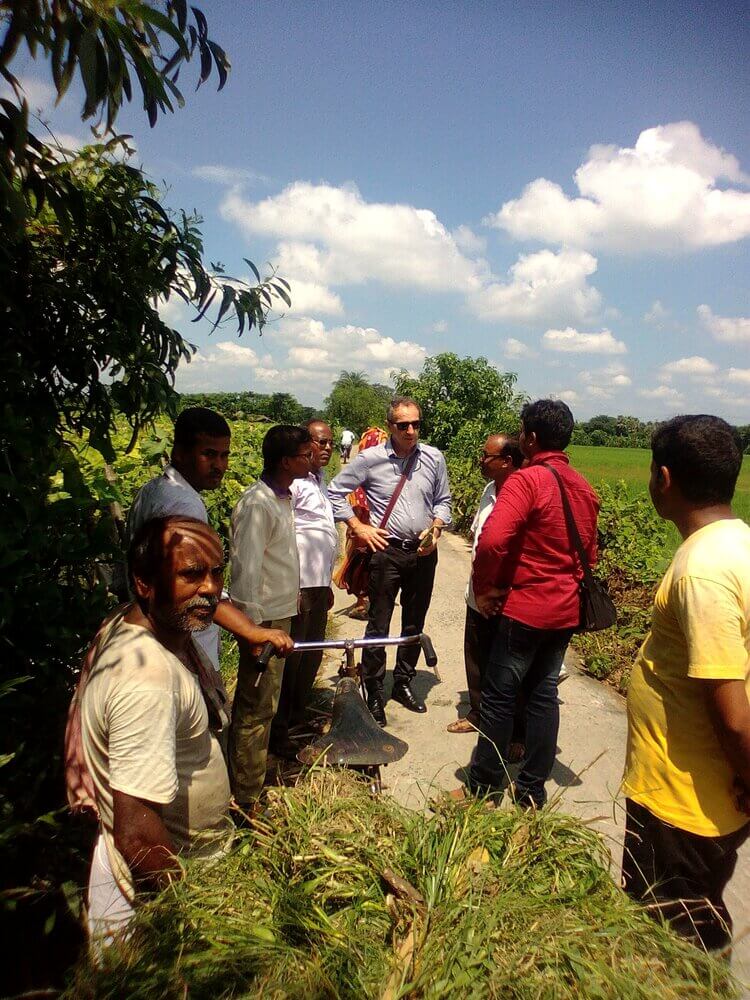
Objectives
1. To create an understanding within agencies of the existing institutions that influence farm-level choices across local and district scales against specific national objectives.
2. To empirically evaluate the performance of different institutional designs across three domains, using economic efficiency, equity and environmental sustainability as yardsticks.
3. To foster collaboration with and within state, district and national authorities by developing an agreed evidence-based framework for shaping institutions that promotes intensification, integration and inclusiveness.
4. To create institutional field sites where the benefits of institutional change can be showcased and monitored beyond the life of this project.
Objective 4 was unable to be completed due to the COVD-19 pandemic. Therefore, from this point on Objective 4 is not discussed.

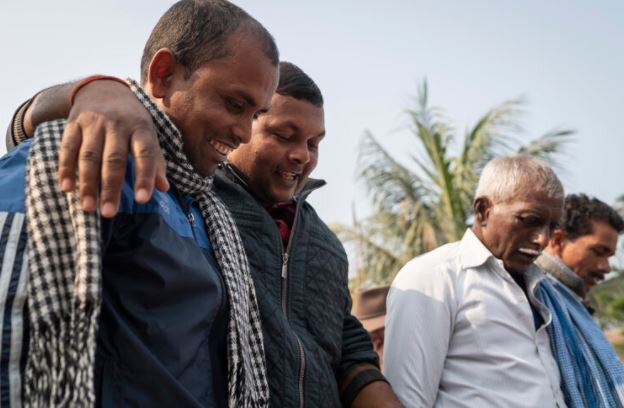
Planned activities and outputs
Activities were planned for each objective and outputs were identified. Due to the COVID-19 pandemic some of the activities were modified or cancelled. Objective 4 and associated activities were all cancelled. Detailed descriptions of the activities for each objective are in Section 6 – Achievements against activities and outputs/milestones in the final report.
OBJECTIVE 1 ACTIVITIES
Map the overall institutions that influence farmers’ incentives to change production in Nepal, Bangladesh, Bihar and West Bengal, using expert local and regional knowledge
Create maps that reveal the institutional influence on particular segments of farmers, specifically, women farmers and tenant farmers.
The key outputs from these activities were:
An institutional map of jurisdictions reflecting the decision environment of ‘average’ farmers
An institutional map of jurisdictions reflecting the decision environment of women farmers and tenant farmers.
OBJECTIVE 2 ACTIVITIES
Empirically measure the performance of institutions that aim to transfer new knowledge to farmers and detail the gender-sensitivity of different models of information transfer
Measure the impact of alternative institutions for water (e.g. landholders versus tenants; women farmers versus men) on the use of other inputs in agriculture and how limiting some rights can help sustainable management water at different scales
Empirically measure the performance of different institutional set-ups for helping farmers deal with risk with specific analysis of the effectiveness for different cohorts, including women farmers and tenant farmers.
The key outputs from these activities were:
A suite of statistical studies showing the relative performance of different institutional set ups (covering knowledge transfer, water property rights and risk management) from the perspective of the ‘average’ farmer, women farmers and tenant farmers
A synthesis of key findings that are (a) digestible to end-users (b) informative to media and other outlets.
OBJECTIVE 3 ACTIVITIES
Use systematic qualitative approaches to develop guidelines for institutional design that effectively transmit information about farmer adaptation across both men and women and in different settings
Develop guidelines for institutions that strike a balance between private and public interest in the use of resources, like water
Develop guidelines for institutional design that fosters coping with climatic and market risks.
The key outputs from these activities were:
A ‘intensification, integration and inclusiveness framework based on consensus that guides the overall design of institutions across the EGP.
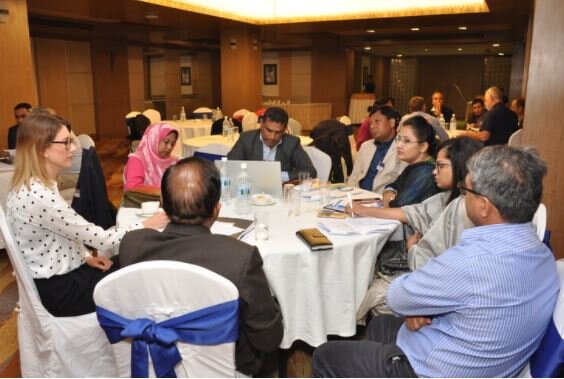
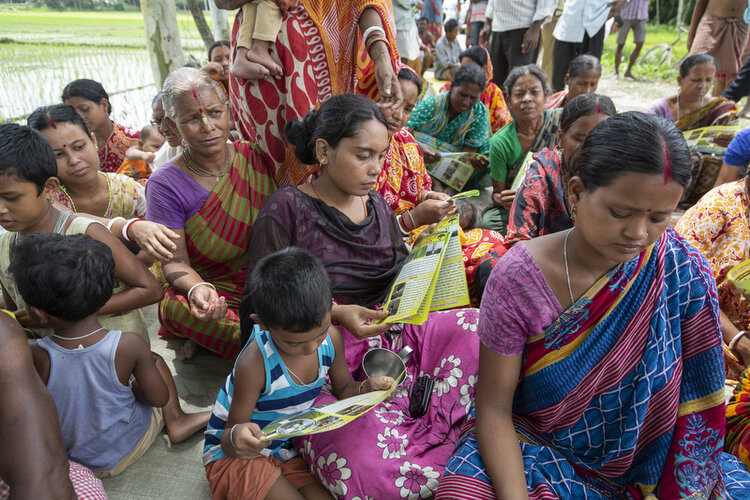
The final report is available here to download; it contains a more detailed summary of project outputs and achievements.
Key partnerships
UniSA coordinated the project with important input from in-country experts. UniSA had significant expertise across all four objectives and accessed Australian policy experts with extensive public sector experience to help inform the dialogue. UniSA utilised Australian private sector expertise related to the four objectives, collectively bolstering regional collaboration and enhanced the dialogue between Australian and south Asian agencies. Additional Australian expertise was sourced from UWA.
Some of the in-country expertise used by research partners and additional expertise was integrated through expert working groups and senior government networks. IFPRI played a major role in undertaking analysis and supporting dissemination and integration of results. The IFPRI team carried out high quality research on policies and institutions related to CASI in all three countries in partnership with government departments, civil society organizations, research institutions and private corporations. IFPRI is widely recognized by policymakers and other stakeholders in the region for its work.
Bangladesh Agricultural University (BAU) provided important in-country support in Bangladesh. In addition to managing specific research activities, BAU used its well-developed government network to both inform the project and to raise its impact.
The Institute for Integrated Development Studies was a key partner in Nepal, assisting to engage stakeholders. Other in-kind expertise within agencies like the Food and Agriculture Organization was also be harnessed to assist regional dialogues in Nepal and the strong track record of IFPRI in this country was also be harnessed.
Team members
The project team had members working in Australia, Bangladesh and India.
University of South Australia (UniSA)







INTERNATIONAL FOOD POLICY RESEARCH INSTITUTE



Food and Agriculture Organization (FAO) of the United Nations

University of Western Australia

Bangladesh Agricultural University

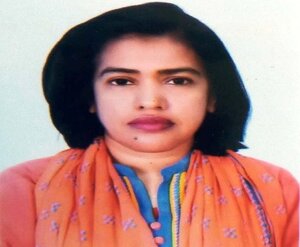

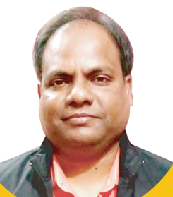

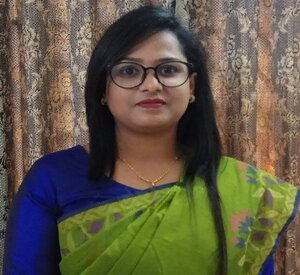

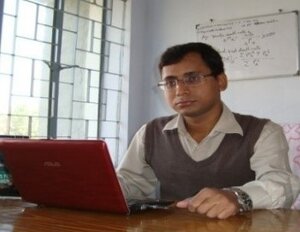
University of Adelaide

Institute for Integrated Development Studies

Data Collection
EXTRAORDINARY EVENTS
The COVID-19 pandemic impacted research activities including:
Deploying the second BWS survey to experts.
Deploying the primary survey to farmers in-person.
These activities were either modified or cancelled to accommodate for uncertainties around the pandemic in 2020.
BWS SURVEY
During the writing workshop it was agreed that the second BWS survey could be deployed over the phone or via email to experts in July 2020.
The second BWS survey was completed in early 2021.
DEPLOYING PRIMARY SURVEY FOR FARMERS: IN-PERSON
Deploying the primary survey to farmers, in-person, was scheduled for December 2020. All post data collection activities including any possible dissemination was postponed until early 2021.
Secondary data was collected in case primary data collection was not possible due to the pandemic. This compromise allowed the research team to assess existing data through the lens of knowledge transfer, water rights and risk management to provide an action plan, measurement and monitoring protocols to help modify current institutions.
Another option was to shorten the in-person farmer (primary) survey and deploy a phone survey that could capture gender sensitive information that is currently lacking in the secondary data. This could then be combined with the secondary data to provide a better dataset.
The final decision to not deploy the in-person (primary) surveys in December 2020 was made on 30 September 2020.
A pilot survey was created from the primary survey to farmers in-person and was deployed to 50 participants in Bangladesh. The focus of this survey was to knowledge transfer.
COLLABORATION & DISSEMINATION ACTIVITIES
The pandemic also impacted the following activities in the final stages of the research:
In-country dissemination activities.
Project team attending the final project review meeting, in-person
Project team attending the final SDIP program meeting, in-person
BWS survey
BWS EXPERT PANEL MEETINGS
PURPOSE
Deploy the Best Worst Scaling Delphi survey to experts.
BACKGROUND
The first round Delphi was conducted in different ways, depending on setting. It was the view of the research team that the Delphi needed to be nuanced to local conventions.
OUTCOMES
For Bangladesh, it was agreed that the most efficacious approach involved an initial group workshop with experts followed by specific targeted interviews.
In Nepal a survey administered face-to-face was chosen.
In India a combination of phone, email and in-person interviews were selected.
A Delphi workshop was run in Dhaka, Bangladesh, on 12 June 2019. About 20 delegates participated in the Delphi workshop. Not all delegates invited were able to attend. The delegates unable to attend were interviewed, separately, in person.
During the writing workshop it was agreed that the second BWS survey could be deployed over the phone or via email to experts in July 2020.
The second BWS survey was completed in early 2021.
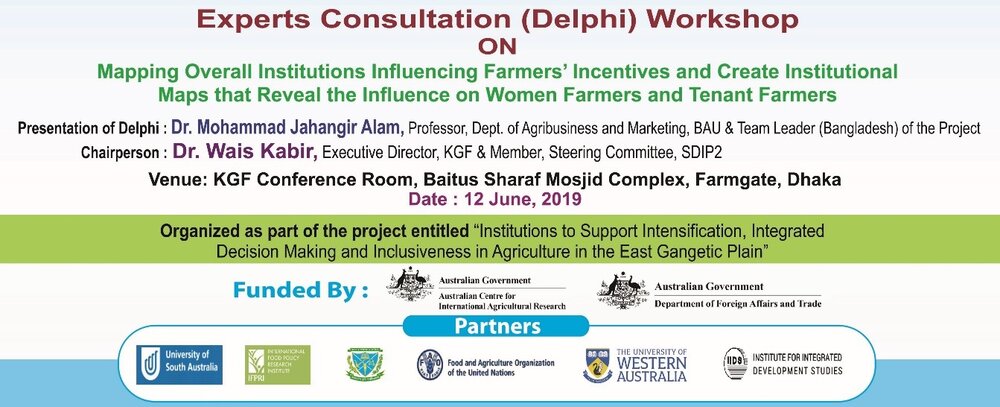
Deploying primary survey for farmers, in-person
Deploying the primary survey to farmers, in-person, was scheduled for December 2020. All post data collection activities including any possible dissemination was postponed until early 2021.
Secondary data was collected in case primary data collection was not possible due to the pandemic. This compromise allowed the research team to assess existing data through the lens of knowledge transfer, water rights and risk management to provide an action plan, measurement and monitoring protocols to help modify current institutions.
Another option was to shorten the in-person farmer (primary) survey and deploy a phone survey that could capture gender sensitive information that is currently lacking in the secondary data. This could then be combined with the secondary data to provide a better dataset.
The final decision to not deploy the in-person farmer (primary) surveys in December 2020 was made on 30 September 2020.
A pilot survey was created from the primary survey to farmers in-person and was deployed to 50 participants in Bangladesh. The focus of this survey was on knowledge transfer.
Collaboration & Dissemination Activities
The pandemic also impacted the following activities in the final stages of the research:
In-country dissemination activities.
Project team attending the final project review meeting, in-person.
Project team attending the final SDIP program meeting, in-person.
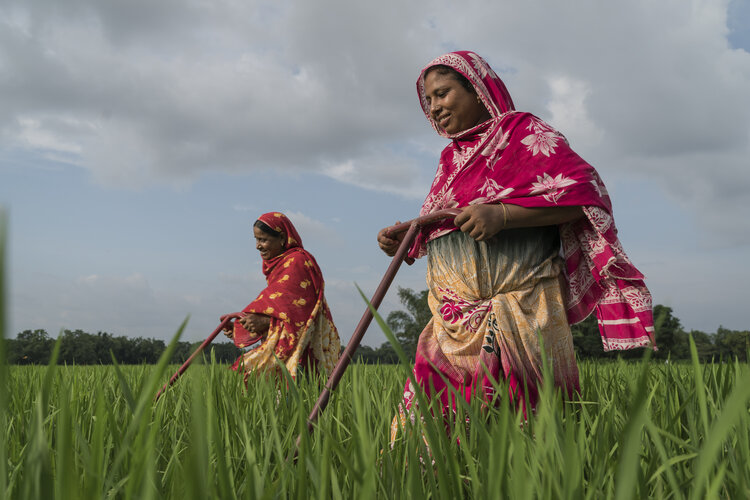

Meetings, Workshops & Field Trips
A series of in-country meetings, workshops and field trips took place at the beginning of the project. In 2020, the research team were unable to meet in-person or get into the field due to the pandemic. The restrictions around movements resulted in a number of activities being run virtually and others cancelled. We have documented all the activities that were held during the project and discussed the modifications to activities below.
Project inception meeting, Nepal, October 2018
PURPOSE
Achieve specific tasks associated with the key outputs of Objective 1 – To create an understanding within agencies of the existing institutions that influence farm-level choices across local and district scales against specific national objectives.
BACKGROUND
The project required the following tasks to be completed:
Form a project steering committee to facilitate access to key decision makers in the region.
Form three sub-steering committees for each domain, knowledge transfer, water rights or risk.
Create a map of the institutional landscape for farmers in the different parts of the EGP.
OUTCOMES
Key personnel were identified for the sub-steering committees and terms of reference (ToR) were drafted.
Participants were divided into three groups, each with some degree of familiarity with a specific domain (knowledge transfer, water rights and risk). Each group undertook a structured set of activities to develop a draft map of institutions.
Each group then shared their map and comparisons between maps were made. An initial ranking exercise was undertaken with the aim of highlighting the most influential institutions at play and to elicit opinions about stand out success and failures.
All the information gathered was used to underpin the Delphi analysis, a systematic means of collecting and collating expert opinion and reaching consensus on complex topics, across a much wider sample on stakeholders.
Each group developed a preliminary list of key informants to assist the Delphi.
Preliminarily ratings for test sites for potential institutional change were made
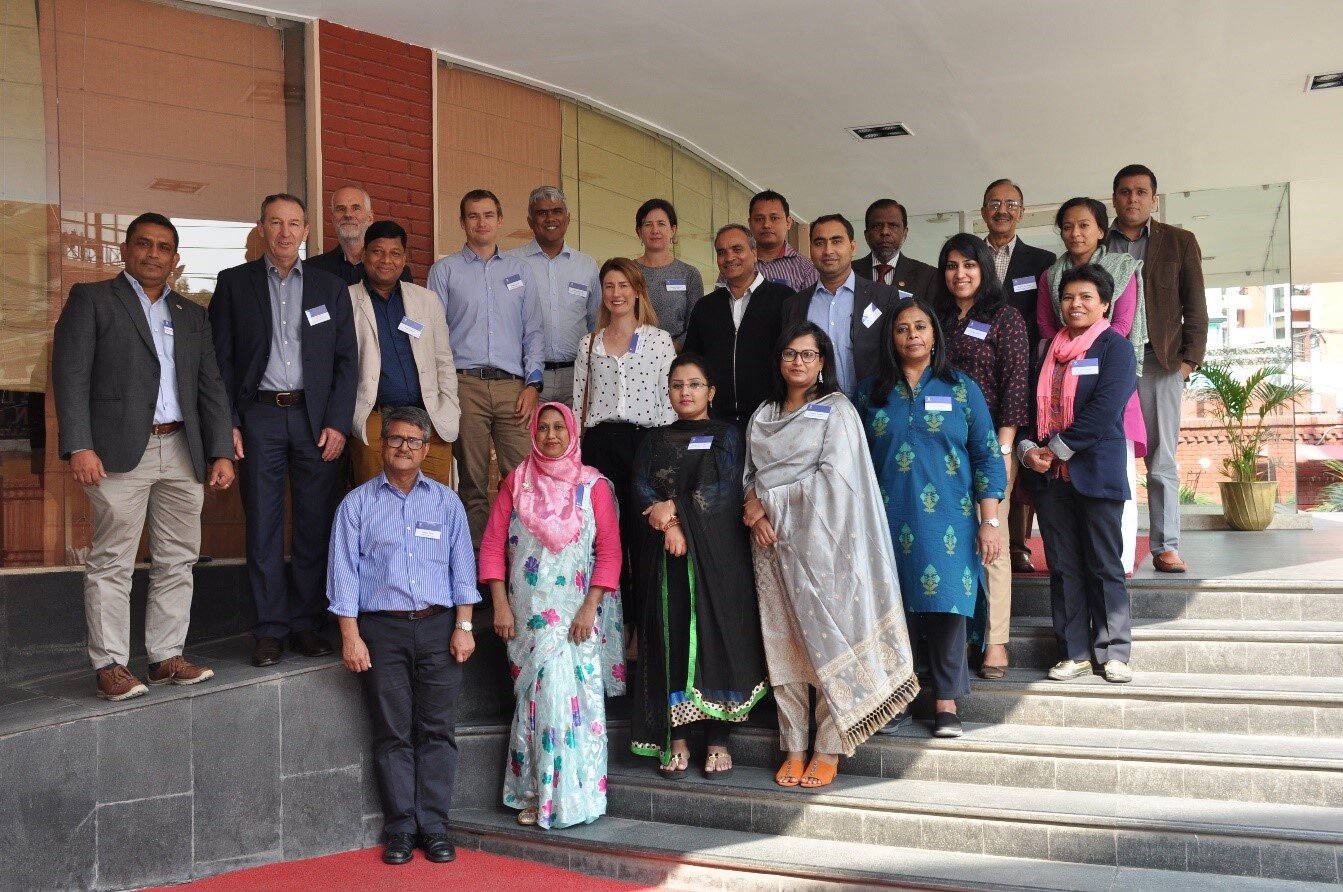
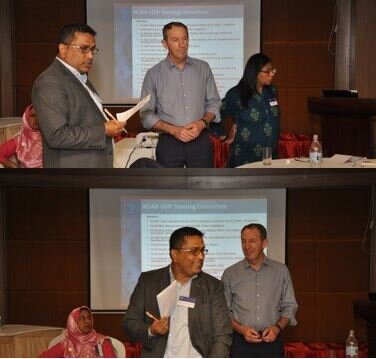
Update and information sharing meeting, Nepal, November 2019
PURPOSE
Review the primary survey format and explore opportunities for refinement prior to deploying the survey.
BACKGROUND
There were six specific items covered during the meeting.
Reiterate the Delphi findings to date and test these with the practitioners of their respective region.
Explore the findings from empirical analysis of secondary data, ground-truth the results and explore nuances informed by local expertise.
Unveil the primary data instruments and seek input on improvements including the specific limitations and caveats that need to be applied.
Collaboratively agree on key directions for the primary analysis and reach consensus on key deliverables that need alignment and timeframes.
Familiarisation with other work being promoted as part of SDIP and leverage as appropriate.
Reach agreement on the test site for an institutional adjustment and designing the randomised controls to make best use of the experiences that relate to Objective 4 of the project.

ACIAR SDIP program meeting, Nepal, November 2019
ACIAR SDIP project leaders requested an annual face to face meeting to explore linkages for a shared understanding about other projects in the program. They were keen to understand future directions if there was a SDIP Phase 3. The ACIAR SDIP program meeting reviewed individual progress; situated outputs within in the wider food system; planned for review and considered options for the remainder of the program and work going forward.

Visiting local farmers
PROJECT MEETINGS IN INDIA WITH FARMERS, SEPTEMBER 2019
In Kolkata, West Bengal, Professor Crase met with farmers in rural areas to discuss aspects of their farming practices and inform them about the project. The information gathered from local farmers helped refine the online survey instrument (primary survey) that was developed in late 2019.
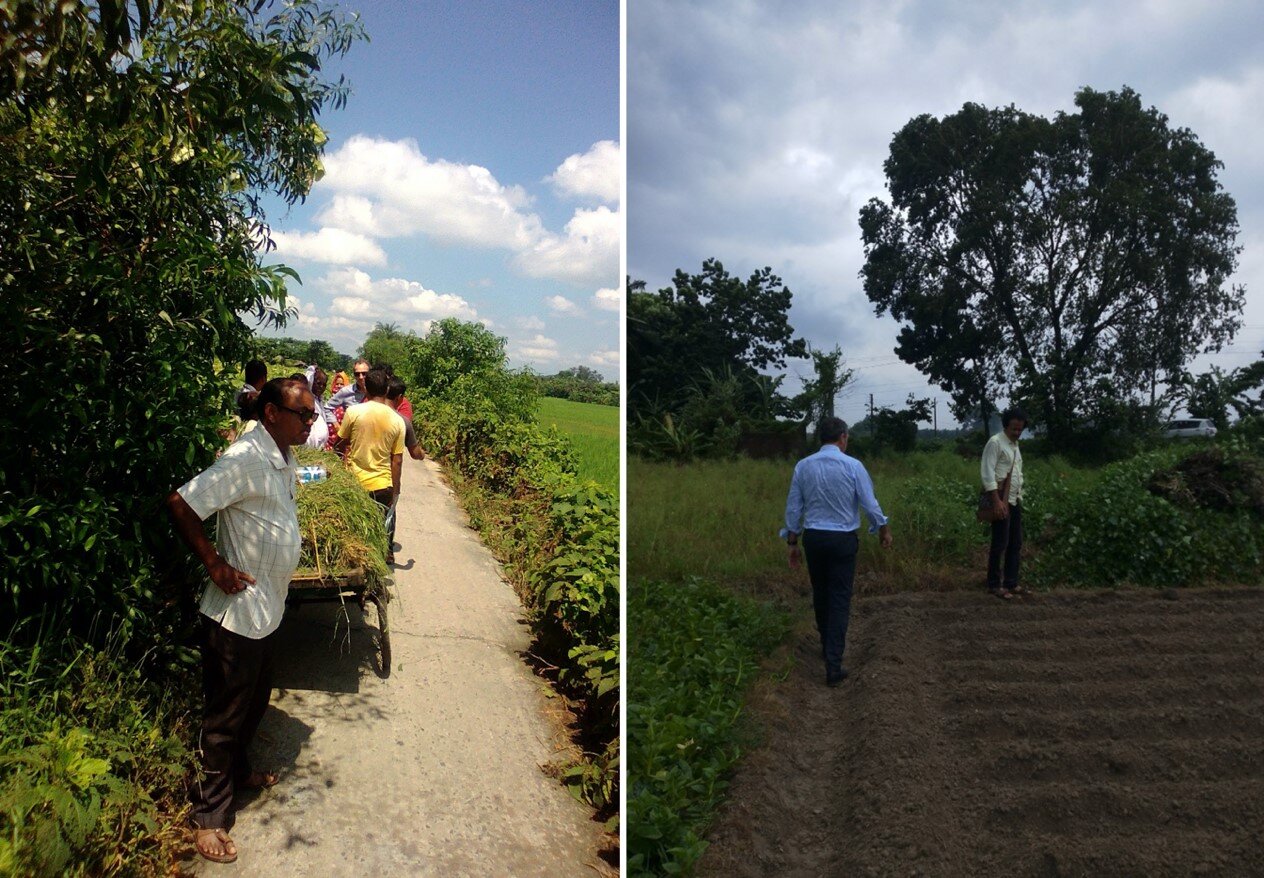
Writing workshop, June 2020
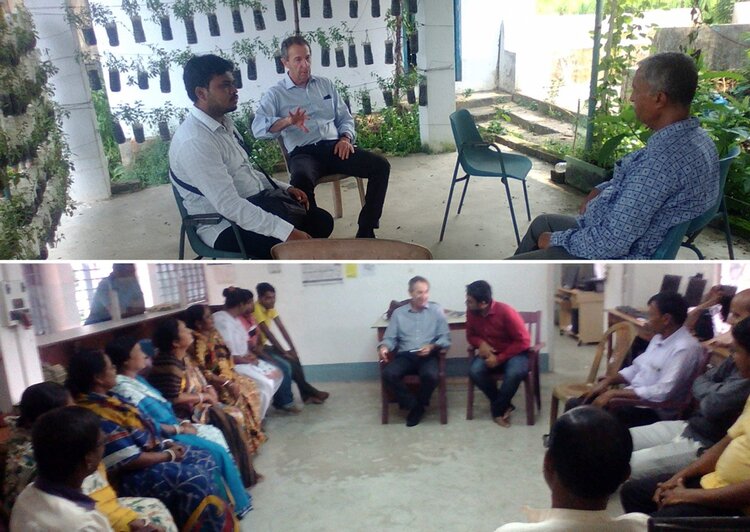
The workshop was held over three days. Two hours on each day of the workshop were held via Zoom between 2pm and 4 pm (ACST). The remainder of each day was set aside for a combination of redrafting and liaising about data and papers via email for the purpose of advancing the production of papers and sourcing secondary data.
Workshop Aim:
Progress all papers that will use secondary data
Map out the structure and arguments for papers that will use primary data.
Workshop Structure:

Papers, drafts and outlines, were circulated prior to workshop for consideration during workshop
Short PowerPoint presentations, of content for papers was shared during workshop, focussed on:
core issues considered in the paper
an explanation of how the paper relates to the project
identifying gaps that need to be filled
suggestions for resources and resourcing.
Pump survey, West Bengal, March 2021
Over 200 pump surveys were carried out over the phone in West Bengal, India. They captured both women and men farmers in the region. The results of this survey were analysed and are in reported in ‘Pumps, policy and alignment to perceived benefits of smallholders in the East Gangetic Plain’.
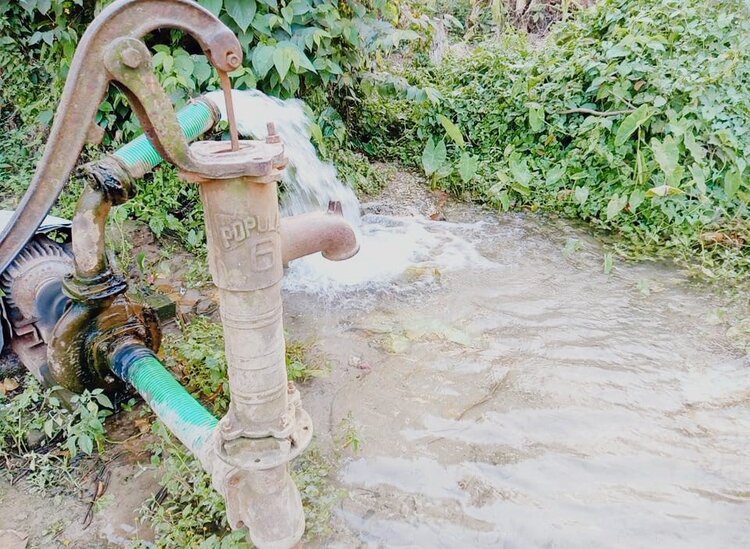

International mini-symposium webinar, virtual, May 2021
International webinar in association with the ACIAR project ‘Institutions to support intensification, integrated decision making and inclusiveness in agriculture in the East Gangetic Plain’
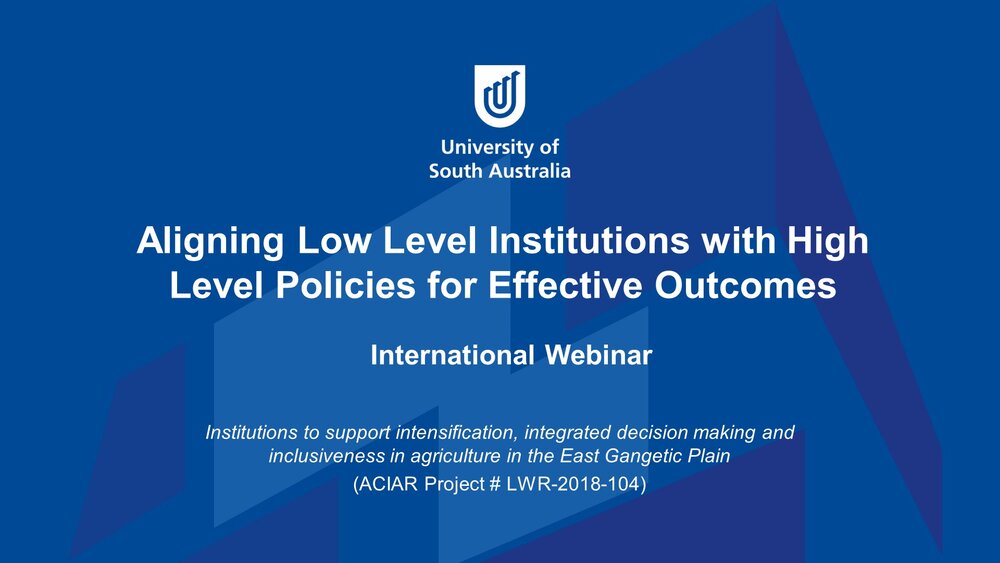
Introductory remarks:
Hon Christopher Pyne ( former Australian Defence Minister)
Invited speakers:
Officials from Bangladesh, India and Nepal
Background: The ACIAR research project focused on institutions across three domains: knowledge transfer; risk management; and water property rights. Information related to inclusion (e.g. gender and tenant farmers) was considered across all three domains, when it was available. This webinar will analyse how the lower level institutions line up with the higher level policies. The outcome of the webinar is to help provide some guidance based on this policy related dialogue and the research findings.
Conferences
AARES CONFERENCE, PERTH, FEBRUARY 2020
Members of the research team attended the AARES conference in Perth. Sophie Lountain, Mahbub Rahman and Professor Crase. Professor Crase presented on behalf of Professor Alam who was unable to attend.
AARES CONFERENCE, VIRTUAL, FEBRUARY 2021
Dr Cooper chaired a mini-symposium, Social inclusion in a development context: Cases from ACIAR projects, at the virtual AARES conference. Three other team members presented at this mini-symposium.
Presentation included:
Sophie Lountain presented on ‘Technology, gender and sustainable livelihoods’.
Mahbub Rahman presented on ‘The effect of high yielding variety on rice yield, household nutrition and poverty reduction: Evidence from rural Bangladesh’.
Dr Kishore presented on ‘Women and Work in Rural South Asia’.
This panel discussion explores the paper ‘Institutions and policies for enhancing farm household livelihoods: An analysis of the coherence of expert opinion in the East Gangetic Plain’ with the authors elaborating on aspects related to their contributions.
PANEL MEMBERS: PROFESSOR CRASE (CHAIR), PROFESSOR ALAM, ASSOCIATE PROFESSOR BURTON, MS CHAUDHARY AND DR COOPER.
Discussing access to resources, a case study about pump preferences in West Bengal and the inclusiveness aspect of agricultural extension services, agricultural productivity and the Women’s Empowerment in Agriculture Index nexus.
PANEL MEMBERS: DR COOPER (CHAIR), PROFESSOR ALAM, PROFESSOR CRASE, MR KANDULU, DR KISHORE, MISS LOUNTAIN
Drawing on observations made in the Conversation ‘Solutions in agriculture require governments to look beyond land’ and other research findings, Professor Crase leads the discussion about water property rights in the study areas (Bangladesh, India and Nepal).
PANEL MEMBERS: PROFESSOR CRASE (CHAIR), DR COOPER, DR KISHORE, MISS LOUNTAIN, MR RAHMAN
The panel discuss research from three papers:
Impacts of Agricultural Extension on Farm Productivity and Profitability in Bangladesh: A Panel Data Analysis
Nexus among Agricultural Extension Service, Women Empowerment in Agriculture and Farm Income: A Stochastic Modelling Approach
Improving rural agricultural production and income in developing countries using mobile phones
PANEL MEMBERS: DR KISHORE (CHAIR), PROFESSOR ALAM, PROFESSOR CONNOR, DR COOPER, PROFESSOR CRASE, MR KANDULU
Along with discussing elements of obtaining insurance in the Indian context the panel discuss research from three papers:
Does supplemental irrigation enhance smallholder agricultural productivity? Evidence from monsoon season rice cultivation in Bangladesh
Agricultural Technology Adoption, Agricultural Extension Services and Production Risk Nexus: Evidence from Bangladesh
Simulating risk to better understand low adoption of conservation agriculture in the east Gangetic Plain.
PANEL MEMBERS: PROFESSOR CRASE (CHAIR), PROFESSOR ALAM, PROFESSOR CONNOR AND DR KISHORE
Links to Resources
Proposed Publications
Journal Submissions
1: Institutions & Policies for enhancing farm household livelihoods: Using Delphi and Best Worst scaling to analyse the coherence of expert opinion the East Gangetic Plain
2: Improving rural agricultural production and income in developing countries using mobile phones
3: Does supplemental irrigation enhance smallholder agricultural productivity? Evidence from monsoon season rice cultivation in Bangladesh
4: The effect of high yielding variety on rice yield, farm income and household nutrition: Evidence from rural Bangladesh
5: Fertilizer subsidy removal and agricultural production risk: A natural experiment from India
6: Technology, gender and sustainable livelihoods: Insights into preferences for irrigation pumps in West Bengal
Book Chapter
Working Papers
8: Simulation modelling for insights into variable adoption of conservation agricultural practices in the East Gangetic Plain
9: The changing energy-irrigation Nexus in West Bengal and Bihar: Implications for Equity in Access to Groundwater
10: Issues Brief : Measuring women’s empowerment in India is a long way from best practice
11: Impact of Agricultural Extension Services on Farm Productivity and Profitability in Bangladesh
12: Nexus among Extension Services, Women Empowerment in Agriculture and Farm Income: A Stochastic Modelling Approaches
13: Measurement determinants of women’s empowerment: An Application of Structural Equation Model and Path Analysis
14: Agricultural Technology Adoption, Extension Services and Production Risk Nexus: Evidence from Bangladesh
15: Assessing the Impact of Lending through Kisan Credit Cards in Rural India: Evidence from Eastern India
16: Women’s Empowerment and the Feminisation of Agriculture in Bangladesh: Insights from a Systematic Review
17: Solutions in agricultural development and poverty require governments to look beyond land
18: Irrigation Governance, Private Investment and Agricultural Productivity in India
Media output
“South Asia needs a change of approach for agricultural progress” published in Bangladesh’s top daily newspaper The Daily Star on Friday 29 October.
“OP-ED: South Asia still needs successful agriculture to develop” news article in the Dhaka Tribune examining the national policy settings that govern agriculture across the East Gangetic Plain in South Asia, 9 November.
“South Asia still needs successful agriculture to develop” news article in the Sri Lanka Daily News examining the national policy settings that govern agriculture across the East Gangetic Plain in South Asia, 11 November.
Workshop/Presentations

Presented by A/Prof Michael Burton
The workshop covers 1) Conceptual issues and design 2) Models of choice and ways to analysis 3) Interpretation/presentation of results 4) Anchors and absolute rankings and other issues 5) Resources and software to implement.
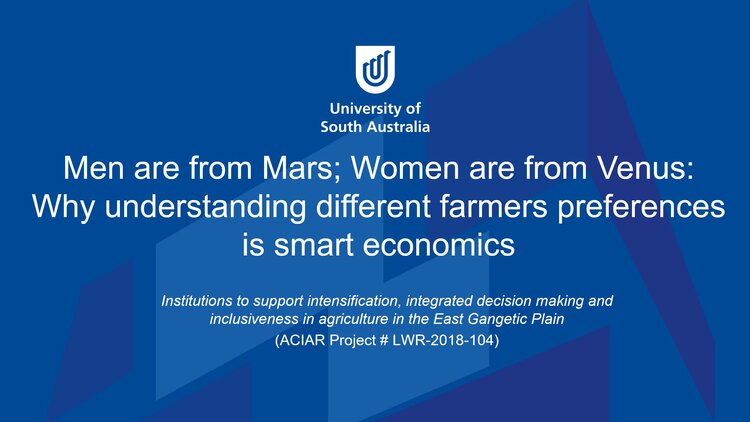
Presented by Sophie Lountain
Sophie Lountain is completing her Masters by Research (Applied Economics) at UniSA. Sophie’s research is a part of this ACIAR project and focused on informal groundwater markets in West Bengal, how preferences for irrigation technology differ among farmers and what this means for women’s empowerment and sustainable development.